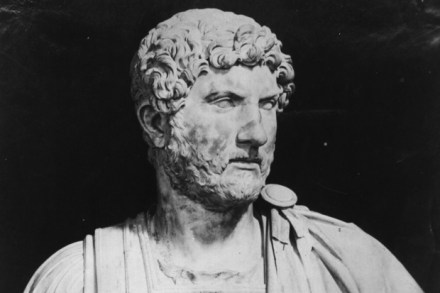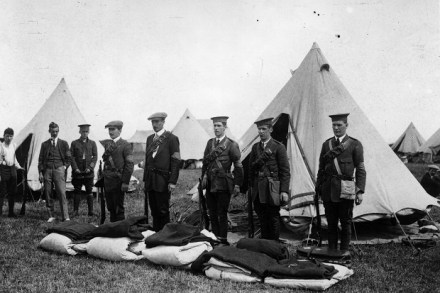Hadrian’s advice for a new Defence Secretary
Michael Fallon, the new Defence Secretary, is a classicist by training. What lessons, if any, might he take from his study of the ancient world, especially in relation to military adventures in far-off places? Hadrian offered the key insight on the problem when he became emperor in ad 117 and immediately abandoned some Roman provinces in the East: ‘Since we cannot control them, we must give them their freedom.’ Ancient Greeks are an interesting test case. While the city-states were free during the 5th and 4th centuries bc, they were constantly at each other’s throats, almost completely incapable of working together in each other’s interests. Athens itself was at war





















